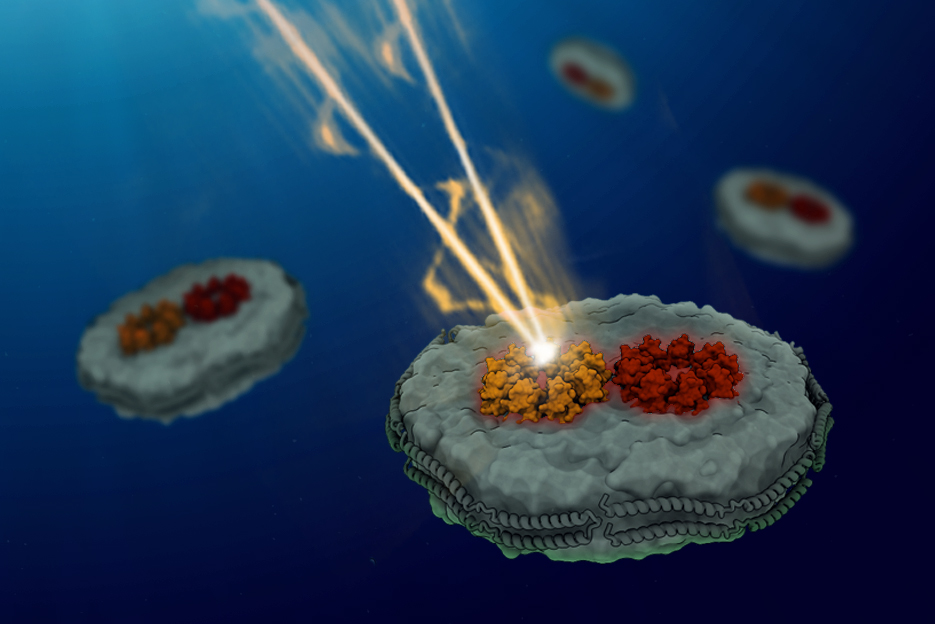- cross-posted to:
- science@beehaw.org
Oh hey, is this a new community on Mander?
Anyway, I’ve wondered for years what makes plant photosynthesis so much more energy-efficient than our current solar PV technology. I can barely wrap my head around the standard reactions of photosynthesis, though not quite the nanomaterials part, but this is still really fascinating. Thanks for posting it!
Oh hey, is this a new community on Mander?
Yeah! I’ve made the community today. I’ve been reading a book on photosynthesis and wanted to create a community to discuss recent work :)
I’ve wondered for years what makes plant photosynthesis so much more energy-efficient than our current solar PV technology
Yeah, there is a very large number of ways in which photosynthesis really out-shines any technologies that we have built!
The statement ‘photosynthesis is more energy-efficient than our current solar PV technology’ is not quite correct. Standard silicon-based solar cells have energy efficiencies of around 20%, and the current world record is closer to 40% for multi-junction solar cells. In comparison, the energy efficiency of plants is estimated to be closer to 5%.
But doing a comparison in this way is really an apples-to-oranges comparison, because PV cells operate via a relatively simple mechanism in which light energy is converted into a current, and the power is extracted by passing this current through a load. PV devices are designed to maximize the ‘energy efficiency’ of light-to-current conversions. On the other hand, photosynthesis is a very complex and highly regulated system in which energy is used to perform a variety of useful chemical reactions. And this system is embedded into a larger, even more complex system that has to survive in a changing environment. Energy conversion efficiency is often not the main concern of photosynthetic organisms - they tend to be more concerned with dissipating the excess energy before it causes damage.
But you will often see articles in which it is stated that a process in photosynthesis is “more efficient” than in some other process that we use in our technologies. And that is generally true - but these articles are usually speaking about the efficiency of a specific process, not at the energy efficiency of the whole photosynthetic pathway.
When you look at the elementary steps, many mechanisms operating in photosynthesis are considerably more efficient than anything we can design. For example, antenna complexes can greatly increase the physical size and absorption spectra of absorbers, and then efficiently funnel the energy from the absorbed light into the reaction center in an incredibly fast and directional manner. The efficiency with which a single absorbed photon is funneled into the reaction center to produce a charge separation event, and the efficiency with which the charge is separated, are remarkably high. The losses in efficiency come later on, when you have to account for the chemistry and photoprotective mechanisms. By the time that the photon’s energy is converted into stored energy, a lot of energy has been lost!
Ahh, thanks for the correction. You’re right that it is something of an apples and oranges comparison.


